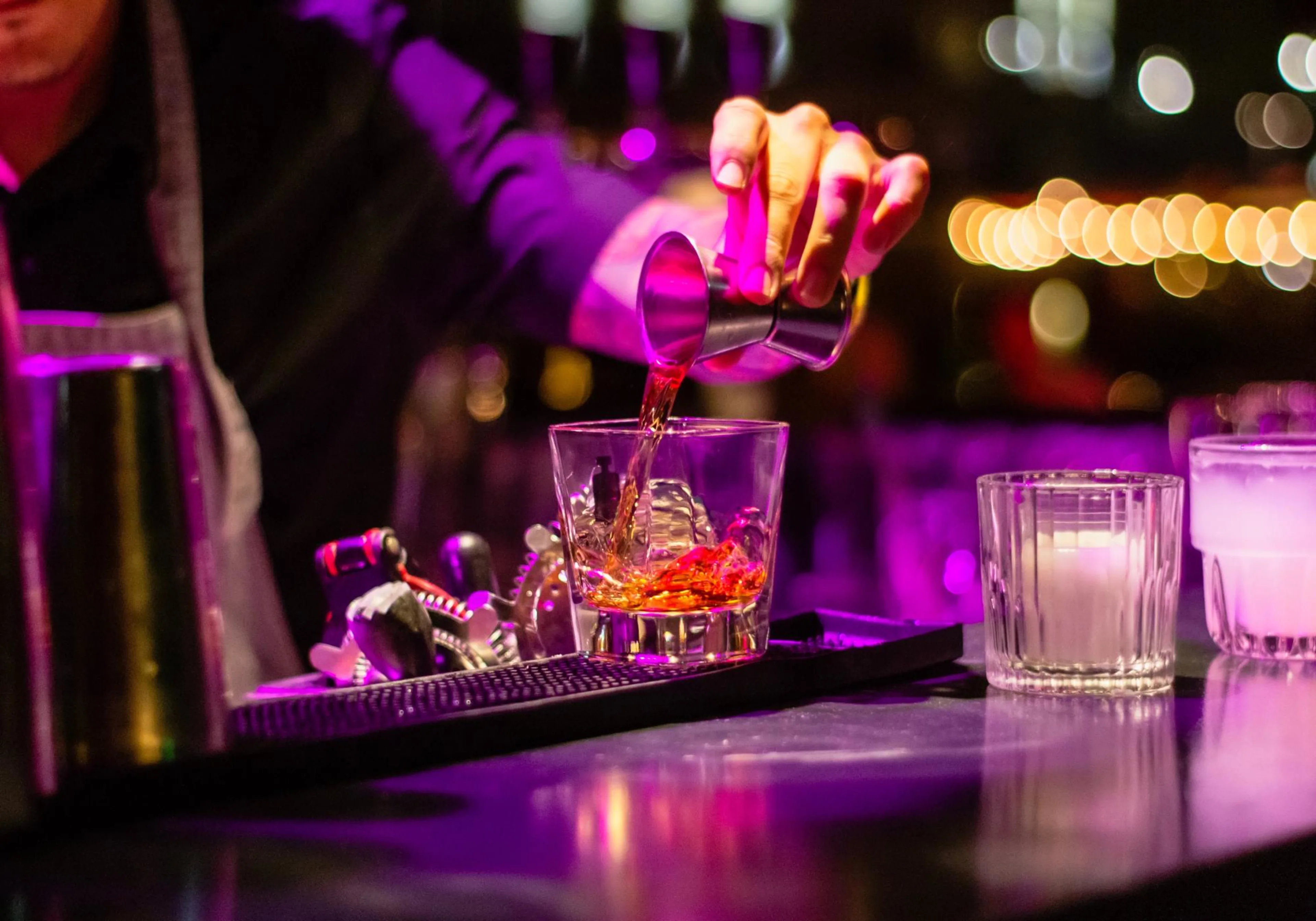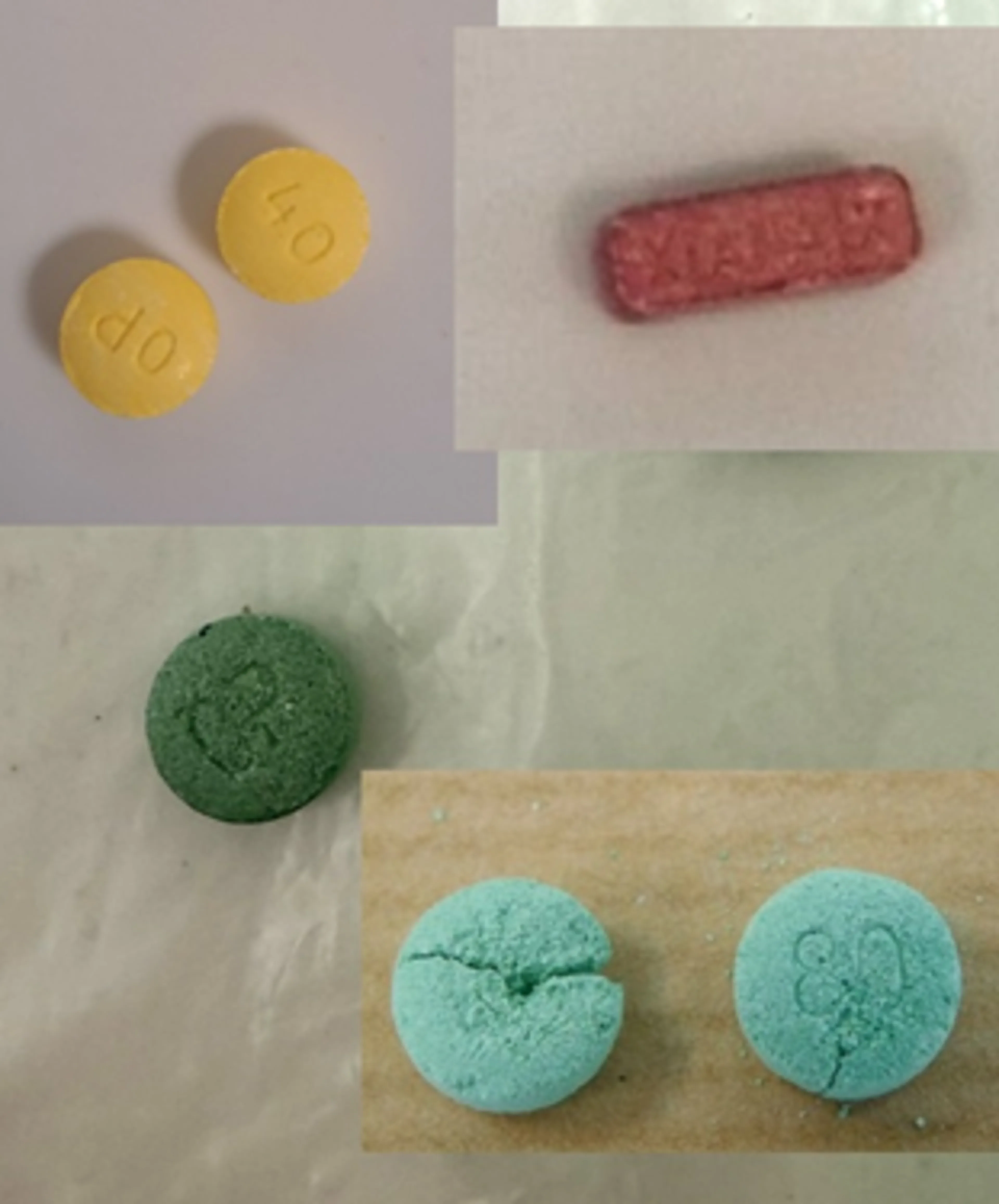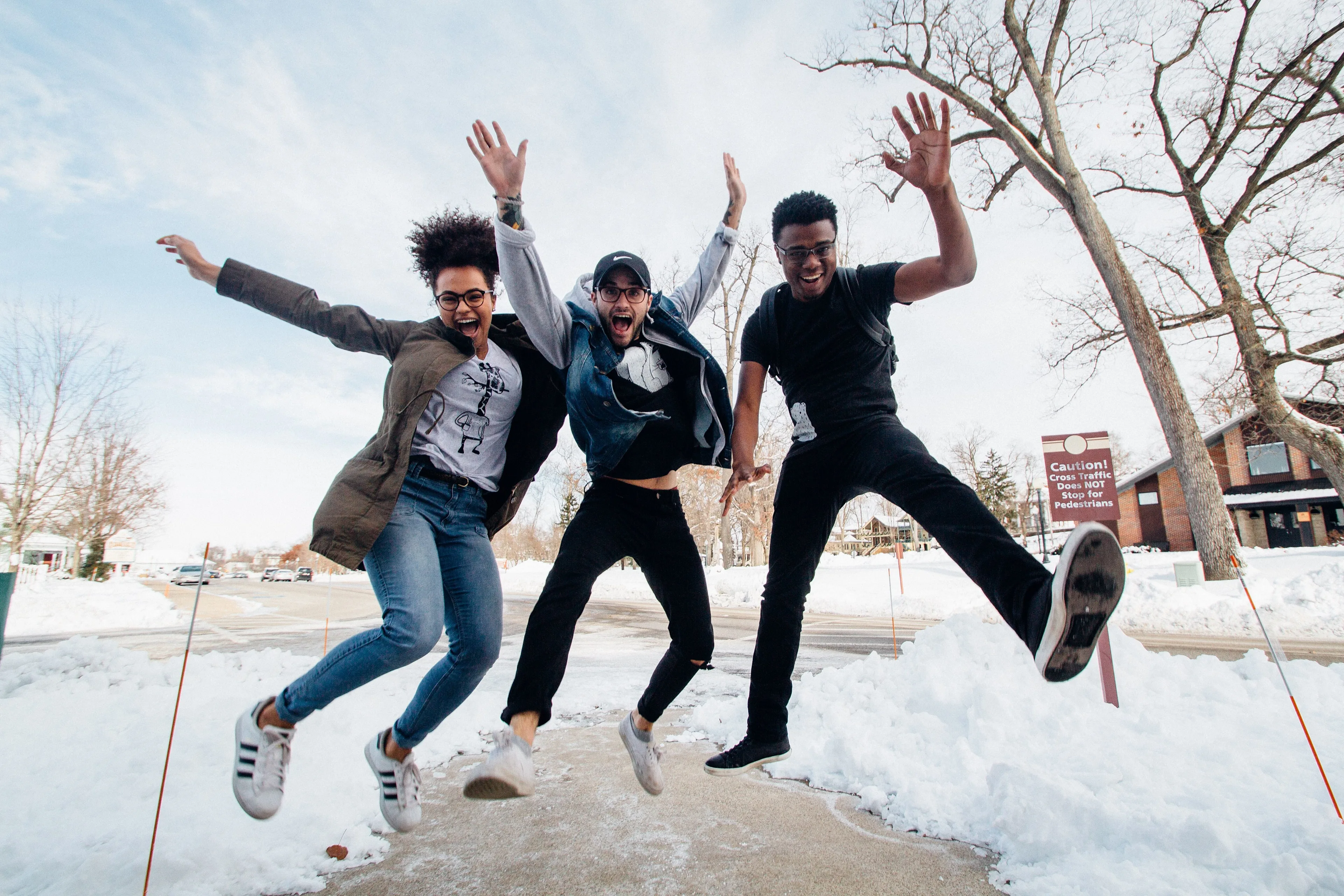
Spiking – how to protect yourself on a night out
What does spiking mean?
To spike a drink means to put alcohol or drugs into someone's drink without their knowledge or permission. This might be with the intention to incapacitate someone enough to rob or even sexually assault them. Although sometimes spiking can be intended as a joke, it's a very bad joke that is both dangerous and illegal.
There is also some concern at the possibility that people are being ‘spiked’ by needles/syringes containing drugs. Although this is much less likely than drink spiking, a lot of the advice for staying safe from spiking a drink can also protect you from the possibility of needle spiking too. Spiking is a criminal offence and whilst all venues should be taking steps to ensure they are safe places to be, you may still need to protect yourself, particularly if you feel at risk or you're in a place that is unfamiliar.
How to stay safe
Plan your night out, including your journey there and back.
Make sure the venue you are going to is licensed – venues are required to take steps to ensure the safety of their customers.
When going to a pub, club or party avoid going alone. Friends can look out for one another.
Be aware of what’s going on around you and keep away from situations you don’t feel comfortable with.
Think very carefully about whether you should leave a pub, club or party with someone you’ve just met.
Make sure your mobile phone has plenty of charge in it before you leave home and keep your mobile safe and accessible.
How to avoid drink spiking
Always buy your own drink and watch it being poured.
Don't accept drinks from strangers.
Never leave your drink unattended while you dance or go to the toilet.
Don't drink or taste anyone else's drink.
Throw your drink away if you think it tastes strange or different.
What to do if you think you've been spiked (by drink or needle)
If you start to feel strange, sick or drunk when you know that you couldn’t be drunk, get help from a trusted friend or the venue management.
If you think you may have been spiked, ask a close friend to get you out of the venue or party as soon as possible and either take you home or to hospital (if seriously unwell). You could also ring a friend, relative or partner and ask them to come and pick you up.
If you feel unsafe, vulnerable or threatened you can ask for help by approaching venue staff and asking for ‘Angela’. This is a coded-phrase that indicates you need help and a trained member of staff will support and assist you. You can also ask for 'Angela' if you are in any situation where you feel threatened or at risk.
Make sure you can trust the person you ask for help. Don’t go anywhere with a stranger or someone you don't know very well.
Once you are safely home ask someone to stay with you until the effects of the drug have worn off - this might take several hours.
Don’t hesitate to call for medical help if you need it - it's always better to get checked out.
Tell the police what has happened as soon as you can - we know it can be scary to do this but the police are there to help you and will listen. Call 999 or 101 - the police need to know as much as they can about spiking so they can help to stop this happening in the future.
If you have been sexually assaulted, you can contact a sexual assault referral centre for support – find your nearest centre on the NHS website.
The law
The Sexual Offences Act 2003 states that it is an offence to administer a substance, to a person with intent to overpower that person to enable sexual activity with them. It is punishable by up to 10 years imprisonment. This means that slipping alcohol or drugs into someone’s drink is against the law, even if the drink is not consumed or the person is not harmed. The same would be true of needle spiking which would also be a physical assault.
If you’ve been affected by crime and you need confidential support or information, you can also call Victim Support on 0808 168 9111.


